Pupils facing exams system 'lottery', Reform Scotland claims
- Published
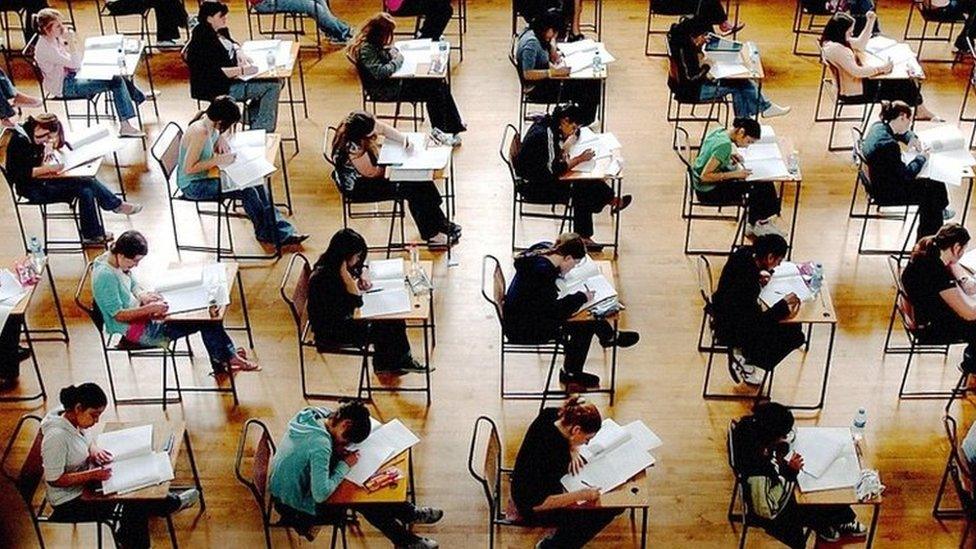
Pupils face a "lottery" in the number of exams they can sit at Scottish schools, Reform Scotland has claimed.
The think tank uncovered an "inequality of opportunity" for children taking National 4 and 5s, which replaced the old standard grade exams in 2014.
Freedom of information requests found that some pupils were permitted to sit eight exams in S4, while others were limited to five.
The Scottish government said councils made their own decisions.
A spokesman said this ensured that they best met the needs of their pupils.
Reform Scotland said it was "ironic and disappointing" that Curriculum for Excellence reforms, brought in to broaden pupils' education, were in fact narrowing it and placing some young people at a disadvantage.
'Inequality of opportunity'
Keir Bloomer, a member of the Reform Scotland advisory board and chairman of the Commission on School Reform, said: "Our research shows that inequality of opportunity is now built into our examination system, not by the SQA but by decisions made mainly at council level.
"This is an unintended consequence of the way Curriculum for Excellence is being interpreted."
The research found while some local authorities imposed a blanket decision on the maximum number of exams across the council area, others allowed individual schools to decide.
Mr Bloomer, a former director of education at Clackmannanshire Council, said: "Decisions to reduce the number of subjects a student may sit seem to have been based on a crude calculation of the number of hours of study available in S4.
"However, this is effectively saying that nothing studied in earlier years counts towards the knowledge of the subject required for the exams."
He added: "This is not an issue of the preferences or ability of the student. Instead, it is a lottery based on the school a young person attends.
"The result is that a very able student at one school could emerge with fewer qualifications than a similarly-able student at a different school."
'Major implications'
Scottish Conservative young people spokeswoman Liz Smith accused the SNP of "turning a blind eye" to inequalities in the exam system.
"It is not just national 4 and 5s that are suffering but highers and advanced highers too," she said.
"This has major implications for college and university entrance and so it is little wonder that so many parents are concerned about what is happening."
Scottish Labour's opportunity spokesman Iain Gray said: "Our exam system is heading for a crisis. Teachers are poised to take strike action over assessments, the SQA has struggled to recruit markers, the appeals system is unfair to state schools, and the evidence of built-in inequality is growing.
"Young people's futures are being compromised while SNP ministers and the first minister herself stick their fingers in their ears and refuse to listen."
A Scottish government spokeswoman said: "Individual education authorities and schools make decisions about the curriculum and the number of qualifications pupils can sit to ensure they best meet the needs of their pupils, taking local circumstances into account.
"Curriculum for Excellence as a whole is about providing learners with the range of qualifications and experiences that meet their individual needs and aspirations - it goes much wider than the number of exams that young people study in one particular year."
A spokesman for council body Cosla said: "There is no inequality of opportunity in terms of presentation for these exams and the decisions taken by councils and their schools are rightly and properly based on a range of education-related factors.
"To suggest that councils treat Curriculum for Excellence as a lottery ignores the quality of outcomes already achieved by Scottish pupils, since CfE National 4 and 5 exams were introduced."
- Published4 May 2016
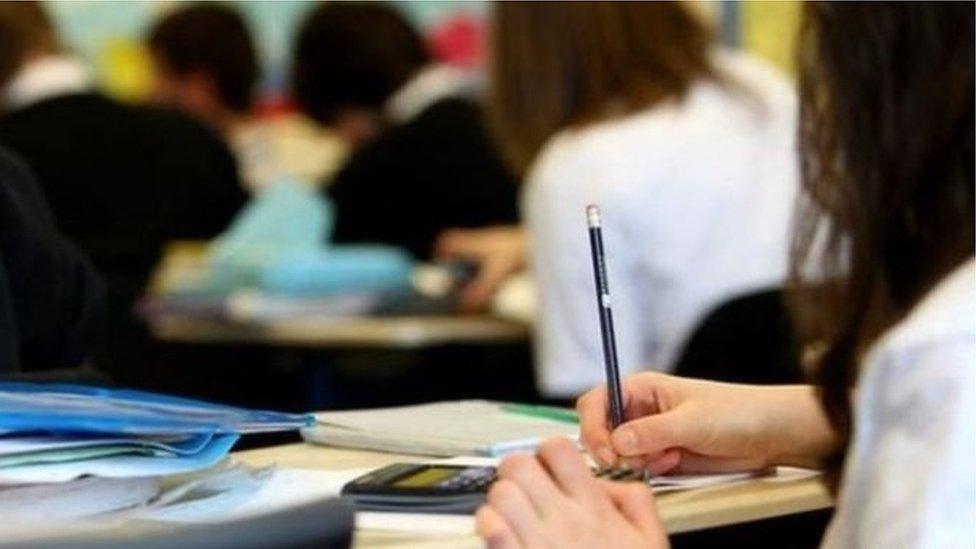
- Published3 May 2016

- Published9 October 2015
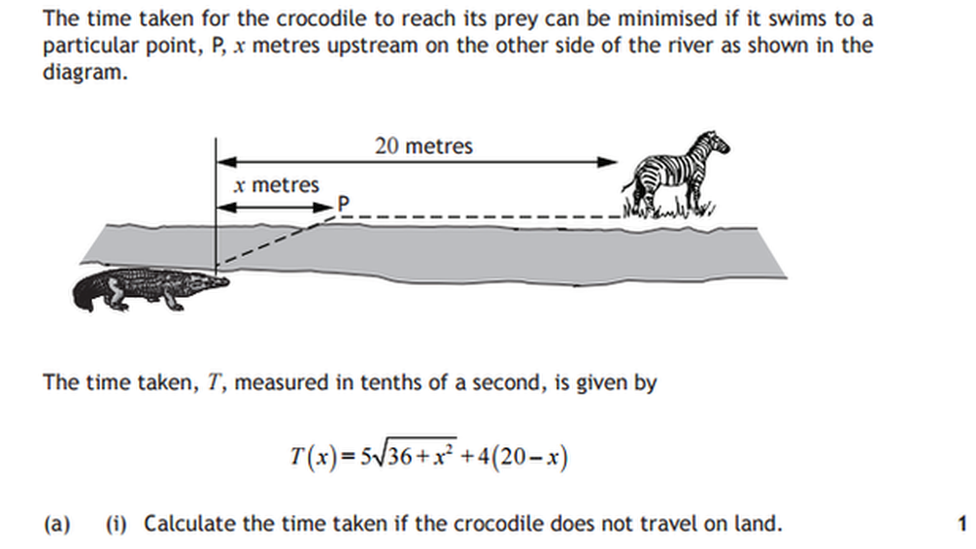
- Published4 August 2015
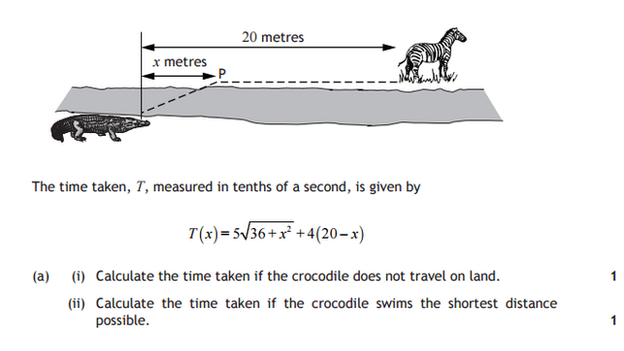
- Published4 August 2015
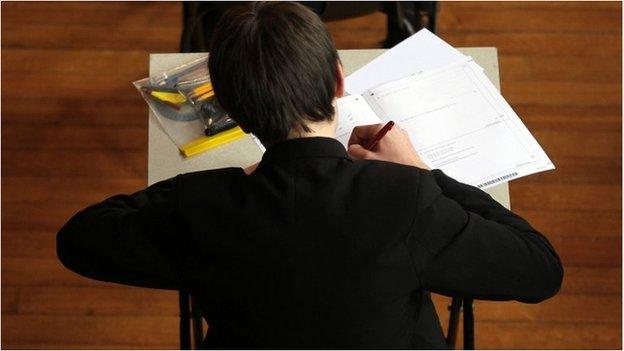
- Published22 May 2015
